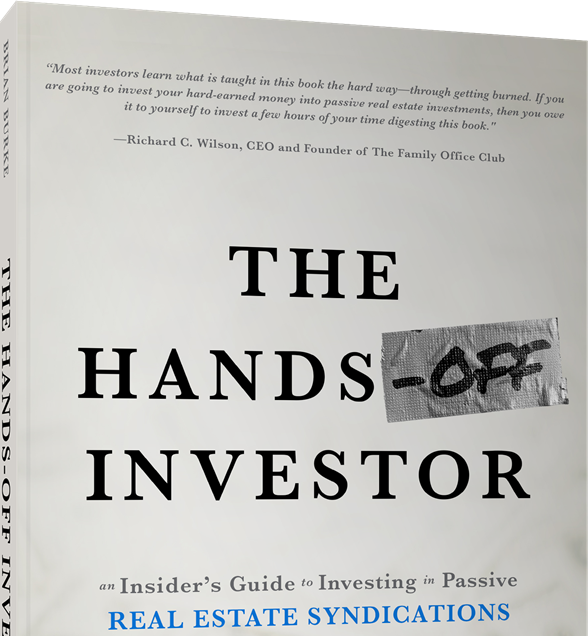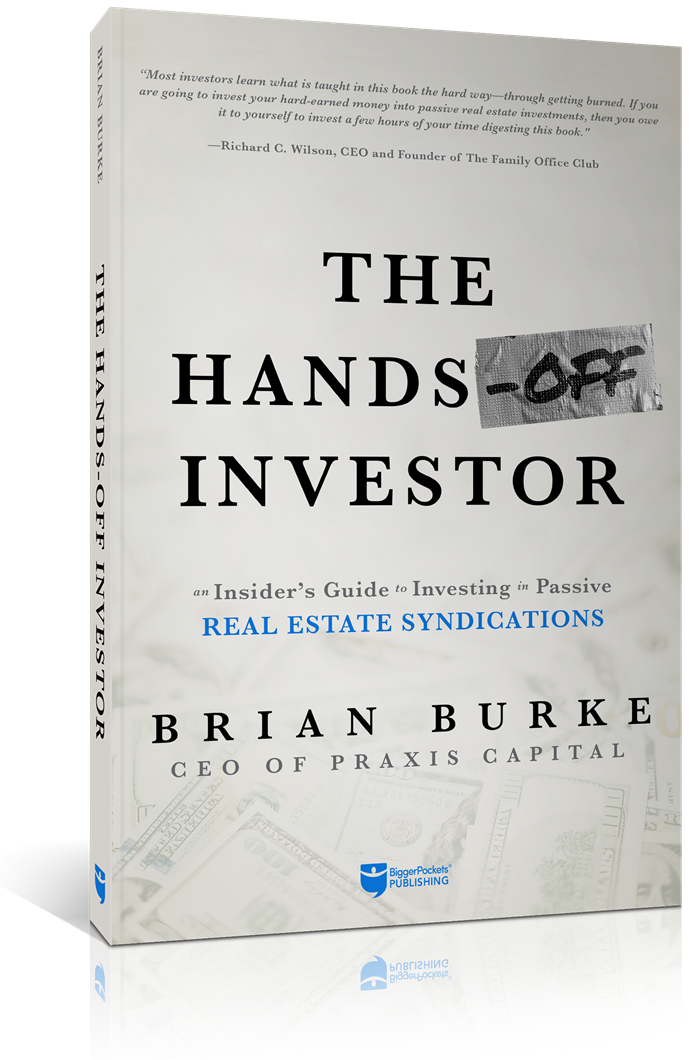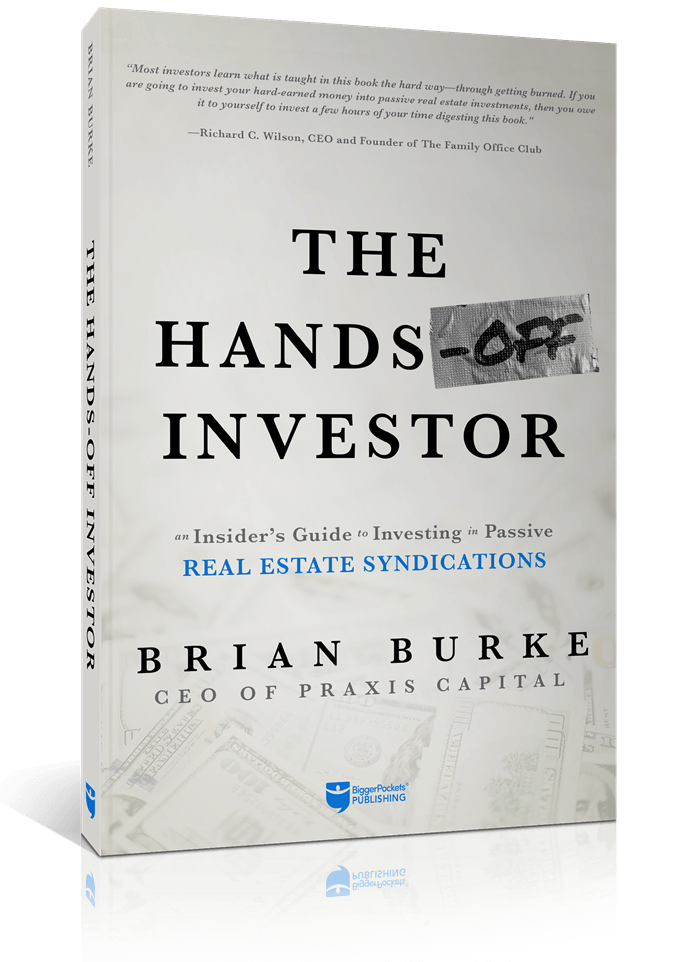Exiting Your Startup: What To Do With Your Money

The startup journey is full of excitement, stress, incredible highs and a fair share of dark days. Contrary to popular opinion, a successful exit isn’t the end of the ride. Whether you fought tooth and nail to bootstrap that baby or just marched through dozens of investor rejections to land a few hundred million from top VCs, all of a sudden, having a lot of money in your own bank account can seem an equally, if not larger and more stressful problem than figuring out how you are going to find enough money just for ramen for the week. So, what do you do with that money?
The Exit Issue
This dilemma doesn’t have to be this stressful if you plan in advance. It does deserve a fair amount of thought. The earlier you plan the better. The wrong moves can see all of those years of work wasted. The right moves can ensure this exit was a life changing moment for you and your family.
Aside from dealing with a bout of post-partum from moving on from your work, you’ll likely to be moving into one of these phases, or a combination of them.
- Shifting your time to accelerate another business you’ve already been working on
- Taking a break to find and incubate your next startup idea
- Grinding out your obligations to stay on board as an executive employee
What Not To Do

One of the worst moves can be to leave it all in your old company’s stock. If it was an acquisition, know that almost all acquisitions fail within a short period of time. If you went public, you could lose a substantial amount of your net worth quickly, if the public and media isn’t kind to you. This is likely to be a particularly tough year for young public companies given the number of big IPOs planned (Uber, Lyft, etc.), as well as rumors of a new recession. Though you may want to sandbag a small sum to repurchase some of your own stock, as that can help prop up your remaining shares by giving the public confidence.
Similarly, the public stock market in general may be a poor place to park all of your gains. It may be a part of your asset allocation. Depending on your risk tolerance and stomach for its volatile and emotional nature.
In spite of how busy you are, try to resist the temptation to defer these important financial decisions to an advisor or broker with no fiduciary responsibility to you. You don’t have to master the ins and outs of every asset class, just like you hired well for different roles in your startup. Yet, you do want to know what you are investing in, and why.
Don’t plow it all into a new startup venture. Even if you executed flawlessly on your last one, you know the risks and struggles. You can’t afford to have all of your eggs in one basket. Besides, you’d be robbing others of the opportunity to participate in that success, and the benefits of bringing in new great board members who are invested in your success.
It’s also probably not a particularly great move to lavishly over improve your dream home with 24k gold toilets, buy your daughter a whole stable of ponies if you’ve never even had one before, or egg your neighbor’s house just because you think you can afford the legal bill. Do have fun and enjoy the moment though.
This money can provide for the rest of your life and aspirations or be gone faster than a one hit wonder pop band.
Criteria To Invest By

Chances are that your entrepreneurial spirit won’t allow you to retire yet, so even if you aren’t planning a traditional new startup, the odds are high that you’ll go on to become an angel investor yourself, or launch your own nonprofit foundation.
All of these options and those listed above require a certain list of specs to invest by. The leading criteria in this decision making needs to include the following.
- Consistent generation of truly passive income
- Diversification (from startups and stocks in general)
- Stable long term wealth building and protection
- Acquisition of tangible, hard assets
- Tax breaks
Investing in Multifamily Real Estate

Multifamily real estate really has a part in every investor’s portfolio. It’s a staple of the portfolios of Harvard, Stanford and Yale’s giant endowment funds, as well as the largest tech corporations like Google and Apple too. Don’t get caught without it.
This is an asset class which really checks all of the boxes above. As well as the ability of having an expert team manage it all for you, so that you can focus on what you are really passionate about creating and growing. It can even feed that, either with regular inbound rent checks or more frequent exits on value–add deals.
Find out how Praxis Capital has been helping others like you benefit from these investments. Check out our portfolio. We haven’t lost any investor money since our inception almost two decades ago, even despite the ups and downs in the greater economy.





























